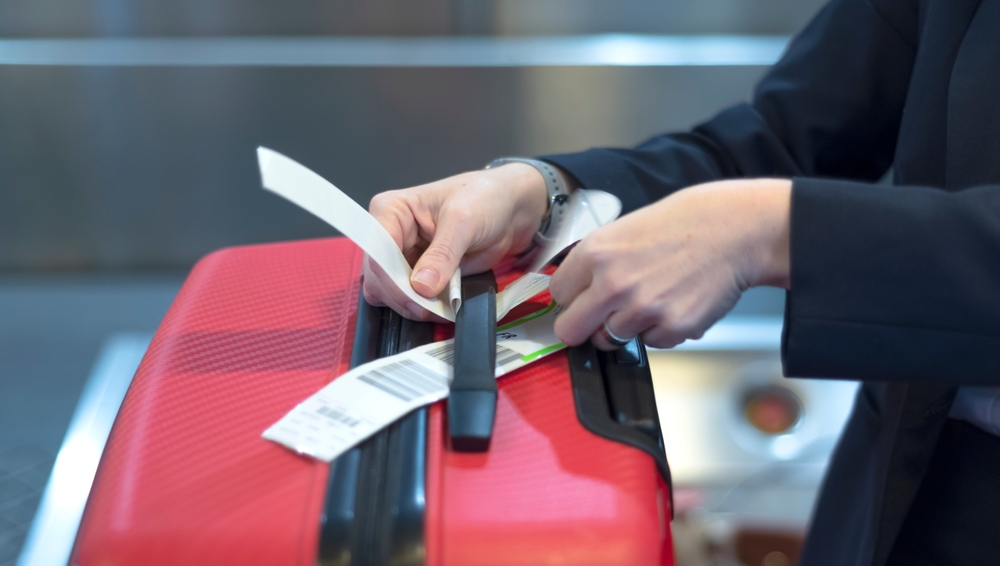If you’ve ever tried to book a flight and watched the price skyrocket within hours, you’re not alone. Airfare changes can feel like a game of chance, but they are anything but random. Airlines use sophisticated systems and strategies to manage pricing, aiming to maximize revenue while filling every seat. Let’s dive into the intricate world of airfare fluctuations to uncover why prices change so frequently and how you can use this knowledge to find better deals.
Why Do Airfares Change So Much?
Airfare pricing operates on principles of demand, competition, and complex algorithms. Airlines aim to achieve the delicate balance of filling planes to capacity while earning the highest revenue possible for each seat.
The Airlines’ Pricing Dilemma
Airlines employ a strategy called yield management, designed to maximize revenue by charging different prices for the same seat. Here’s how it works:
- High-Paying Travelers: Business travelers or last-minute bookers often belong to the “go-at-any-price” group, ready to pay top dollar.
- Price-Conscious Travelers: Vacationers or budget flyers often belong to the “go-if-the-price-is-right” group, buying tickets only if they’re affordable.
The challenge for airlines is to attract both groups without leaving money on the table. They achieve this by offering various fare tiers with differing restrictions.
Key Factors Behind Airfare Fluctuations
- Dynamic Fare Buckets – Airlines don’t sell every seat at the same price. Instead, they divide seats into multiple fare buckets:
- Each bucket has a specific price and availability.
- Lower-priced buckets often have restrictions like advance purchase requirements or specific travel days.
- As seats in a lower bucket sell out, the price automatically jumps to the next tier.
For example, a flight from Los Angeles to Chicago might have fares ranging from $109 to $1,765. If all the $109 seats are sold, the fare jumps to $139 or higher, even though the service remains identical.
- Real-Time Algorithm Adjustments – Airlines use computer systems that constantly analyze booking trends and adjust seat availability. If a flight is selling out quickly, lower fare buckets close, pushing prices higher. Conversely, if bookings lag, airlines may reopen lower fare levels or introduce deals.
- Supply and Demand
- High Demand: During holidays, weekends, or events, airlines increase fares due to high demand.
- Low Demand: Off-peak travel times, such as midweek flights or slower travel seasons, often feature lower fares.
- External Influences
- Fuel Prices: Rising oil costs directly impact airfare.
- Economic Conditions: Recessions or economic booms influence traveler behavior.
- Global Events: Pandemics, geopolitical tensions, or natural disasters can lead to sudden fare changes.
Why Do Airfares Seem Like the Stock Market?
Airfare volatility resembles stock market fluctuations due to constant adjustments in availability and demand:
- Short-Term Changes: Fares can rise or fall hourly as seats are sold or new bookings are made.
- Long-Term Trends: Over time, prices generally rise as departure dates approach and availability decreases.
Tips to Keep Your Flights Affordable
- Book Early – Secure lower fares by booking 1-3 months in advance for domestic travel and 2-8 months for international trips.
- Be Flexible
Fly midweek or during off-peak hours to find cheaper options.
Consider alternative airports that may offer better deals.
- Track Prices – Use tools like Google Flights or Skyscanner to monitor and compare fares.
Enable price alerts to get notified of drops.
- Watch for Deals – Sign up for newsletters from airlines or travel agencies to stay updated on promotions.
- Leverage Rewards Programs – Redeem miles or points for flights, and use travel credit cards for additional deals.
- Understand Fare Rules – Lower fares often come with restrictions like non-refundable tickets or limited travel dates. Read the terms carefully.
Frequently Asked Questions:
Q: Why do airfares sometimes drop after I book?
Ans. Airlines adjust prices in real-time. If a flight isn’t selling well, fares may temporarily drop to attract more bookings.
Q: Are last-minute deals a myth?
Ans. While rare, last-minute deals do exist but are more common on underbooked flights.
Understanding airfare fluctuations can help you navigate the pricing puzzle with confidence. By booking strategically, staying informed, and leveraging tools and tips, you can make smarter choices and score better deals for your next journey. Happy travels!






